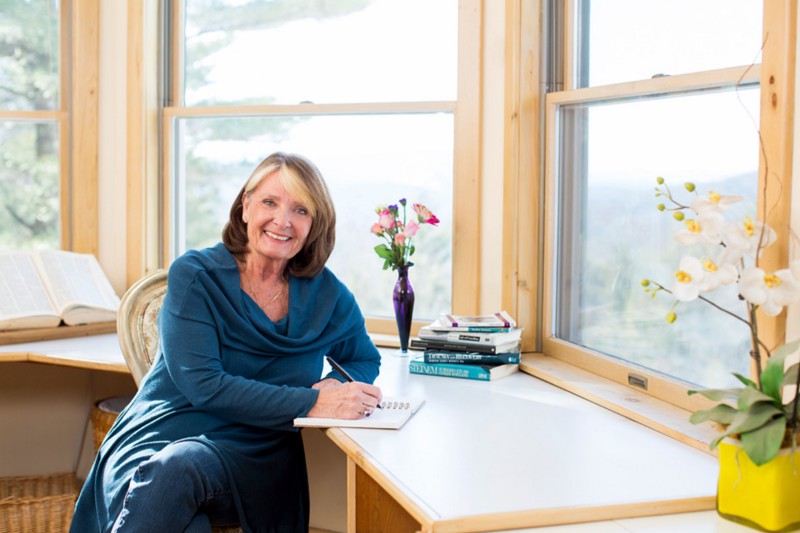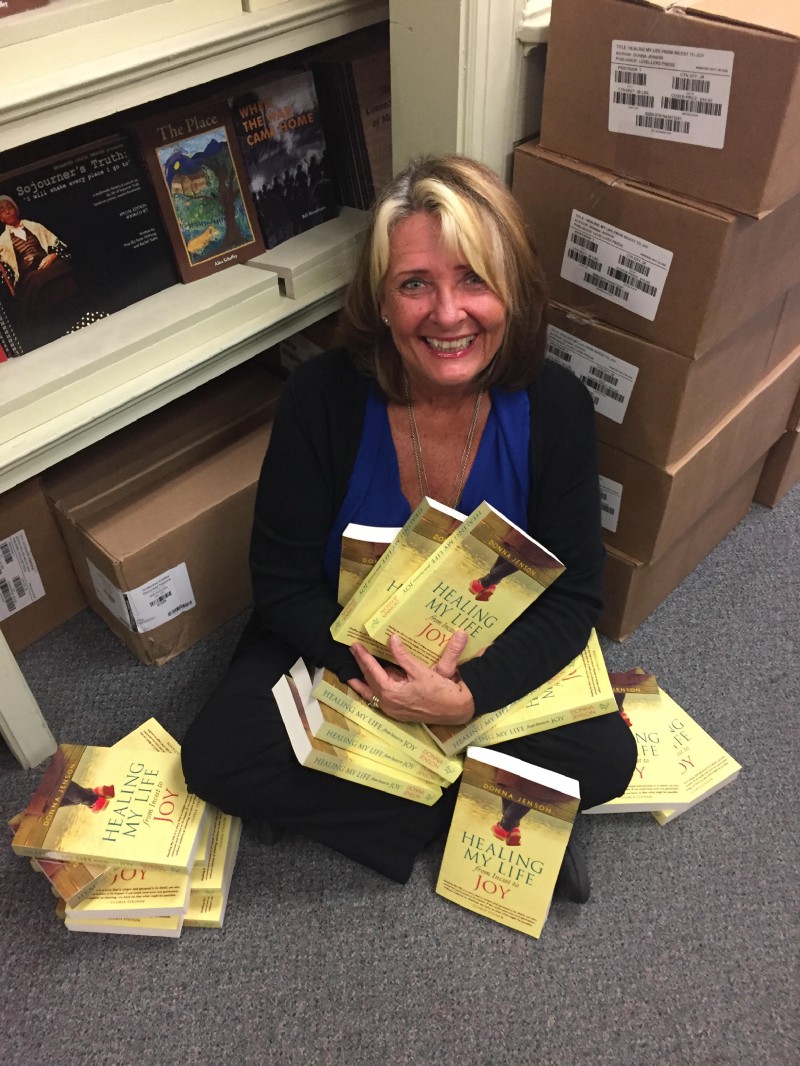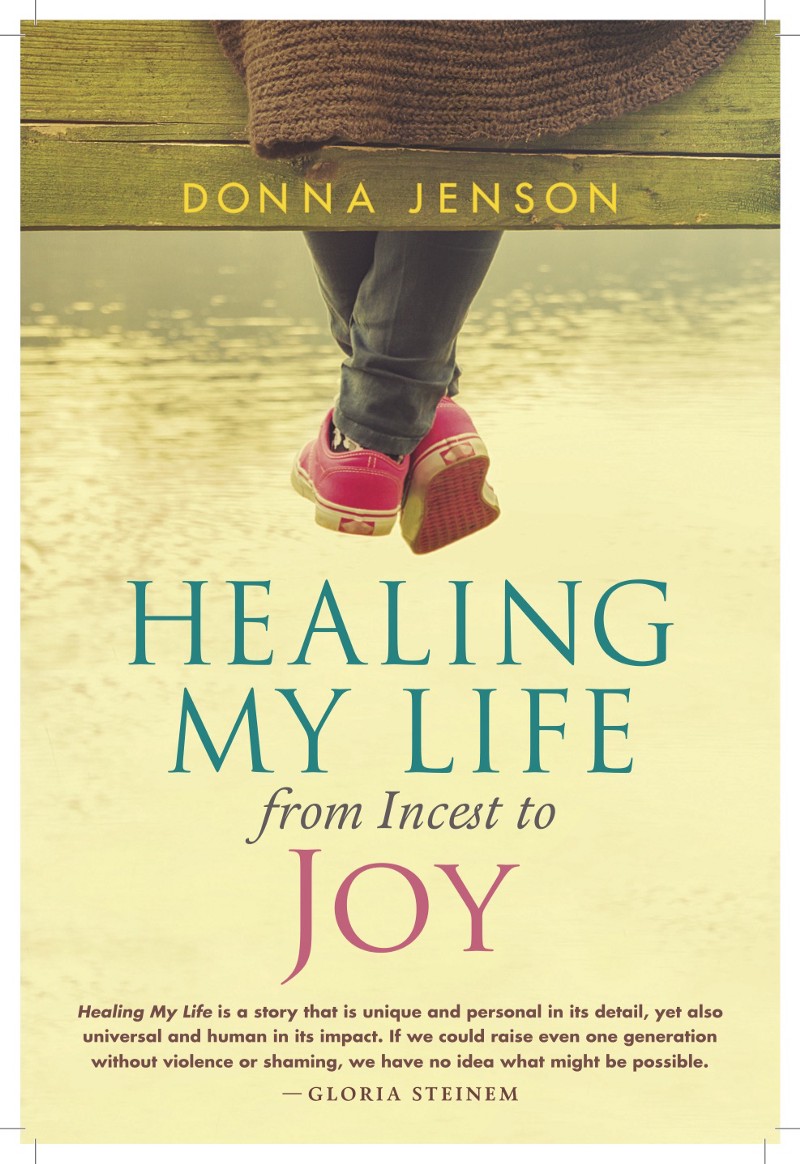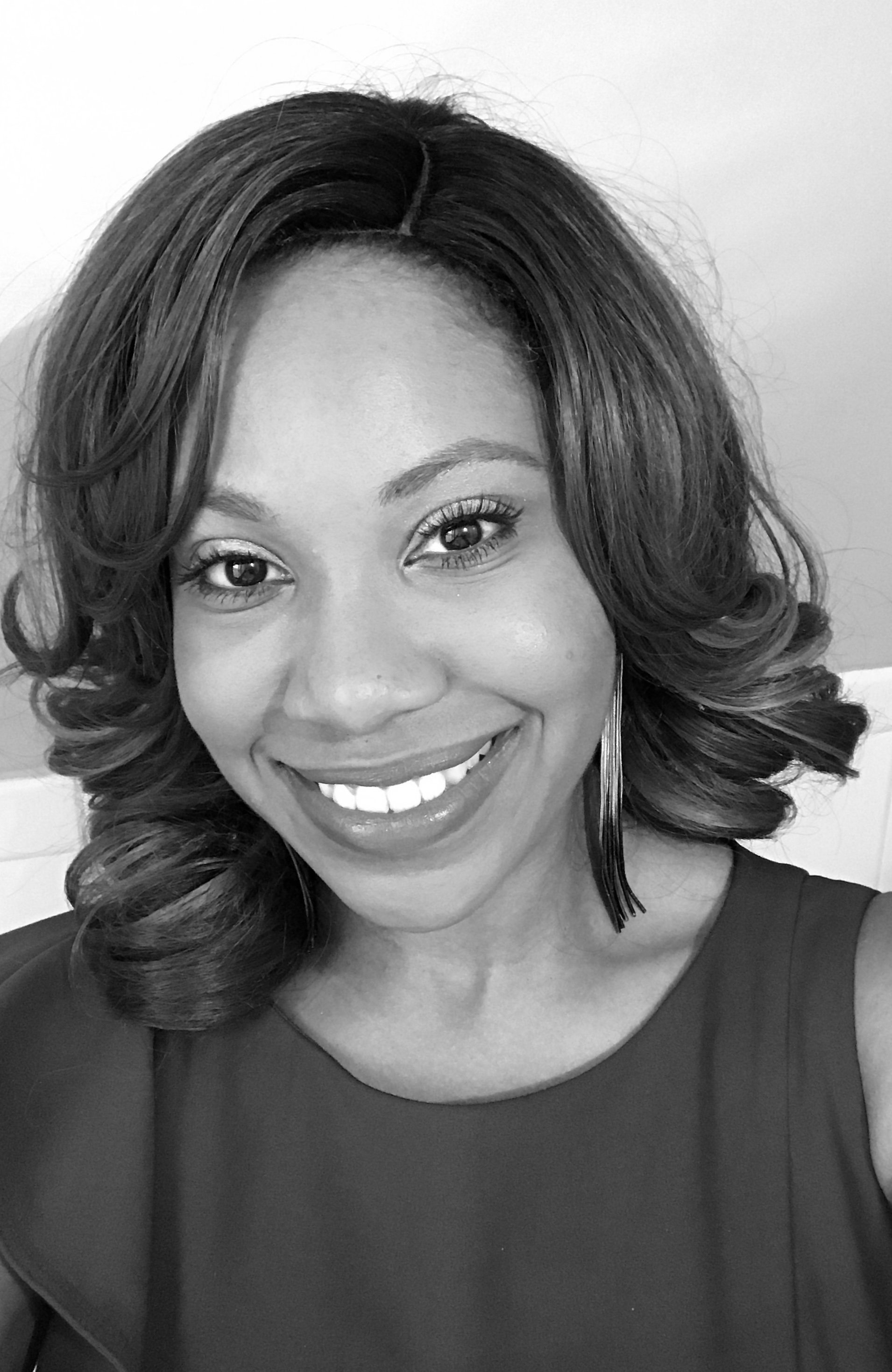Meet the Project: Time to Tell
From time to time, we feature one of our fiscally sponsored projects who have been successful at using our program to advance their art/cause/career. Today, we’re featuring Time to Tell.

1) What is “Time to Tell”?
I founded the project Time To Tell™ in 2009 with a mission to spark stories from lives affected by incest and sexual abuse to be told and heard. There are three primary ways TTT works at its mission. First, doing performances of the one-woman play I wrote, What She Knows: One Woman’s Way Through Incest to Joy, which is based on my own experience of surviving incest and what I did to make my life worth living. I’ve performed it at conferences, for organizations focused on boys who have sexually abused others, girls in prison, colleges, domestic violence and sexual assault conferences, police departments and communities in need of healing. We also offer Time To Tell What We Know writing and mindfulness workshops for survivors and my newly released book, Healing my Life from Incest to Joy.
2) Can you tell us what the most difficult part of writing this book was?
The hardest part by far was telling the stories of my relationships within my biological family; what transpired in and beyond my disclosure to them of the incest and the ways in which they reacted. When I was writing that section of the book I often referred to it as feeling like I was wrestling with a bear! See, telling the truth about your family, its crimes, its transgressions, its failings is a big challenge: big as a bear. It takes all your strength. Facing the claws and teeth of reliving those moments; the bad hot breath of their denial streaming down on you. And don’t forget the growling and screeching for you to get back in your closet. What a racket! Describing it this way makes me proud to see that I got that bear in a headlock, turned him on his back, and punched the daylights out of him.
3) What joy did you find in this writing process?
Conversely, it’s relationships, again, but the healing and loving ones. Being able to explain and describe all the ways I’ve healed within therapeutic relationships and within the friendships that evolved into becoming my Family of Choice was a real joy. Also, while much of what I wrote I had to do alone, I was never totally alone. I’ve belonged to a weekly writers group for twenty years. Within that very supportive environment, I was able to dig deep and produce the core of the hardest most painful passages (see #2). And writing with other survivors within the Time To Tell What We Know workshops gave me even more support and encouragement. I also have a wide network of people who were open and welcoming to have me read parts and whole sections for their feedback. Those were joyous sessions.
4) How have you connected to so many different communities and partners willing to collaborate with you?
I have been an activist my whole adult life (so that’s about 50 years!). It all goes back to relationship building — being there for people and allowing them to be there for me. Plus, I learned a long time ago about the richness of living a life filled with diversity — including race, gender, age, class, sexual orientation, physical ability, etc. Learning that it’s worth the risk of possibly making mistakes and facing conflict with others who are different from me widened my understanding of the world and added to my capacity to be creative. These connections constantly offer hope and inspiration to my spirit.
5) What has been the easiest part about promoting your book?
The easiest and most satisfying part is telling other survivors about it. Next, connecting to individuals and organizations serving survivors — collaborating with them about how my book and work can support what they’re doing.

6) What impact do you think your book will have on its recipient?
First and foremost, my hope is that survivors will hear loud and clear — healing is possible. Second, that my outreach to them might give them energy to keep on going. Let me share a quote from a review done by Lea Grover, an Empowerment Advocate at The Voices and Faces Project in Chicago:
Jenson does not pretend to speak on behalf of all survivors, but she clearly speaks to all survivors. This book firmly says, “If I can do it, so can you,” and reading her words, she compels you to believe them… [The book] offers a guide for survivors of childhood sexual abuse to see themselves as whole and validated in their choices to build an adult life outside the structures of their abuse.
7) What is your definition of a survivor?
The simplest definition is anyone who didn’t die from sexual abuse. I remember back in the 1980s when the term survivor replaced the label “victim.” I was thrilled at the time to have a more proactive description. But the longer I was on my healing path, I began to long for a word that described something more. Some now use the word “thriver” and though it doesn’t quite resonate with me, I support anyone who wants to use it. For the past couple of years, I’ve been introducing myself as a woman (or activist, or grandmother, or writer) who survived incest. In doing so, I’m not using “survivor” as an identity but as something I experienced. It’s a bit clunkier to say but I actually think it’s worth the extra words. Sometimes I’ll expand it saying, “I’m a woman who survived the childhood sexual abuse of incest.”
8) Loved the Youtube clip on your Fundraising by Fractured Atlas campaign. Tell us about your campaign and what you want to achieve with it.
I’m reaching out to all who serve, advocate for, help, support, treat and generally have the backs of survivors of sexual abuse. First, to thank them, more thanks than I can ever say. They warm my heart with all they do, all the time they spend working at addressing and ending this epidemic.
I’m pleased as punch that so many of them even exist in the world. How many of them are there? Has anyone counted THAT number? We’ve got the CDC numbers of survivors — last time I checked there were about 42 million of us not counting the number who can’t or won’t be reporting. But what’s the number of helpers, healers, and advocates? All those helping hearts and hands offering medical, legal, mental health and political assistance.
I’ve got a big batch of books about how one woman climbed out of the molestation-trauma swamp, showing who and what helped her not only get out but pointed her in all the right directions to get a good hosing down, her tetanus shots, and adequate time in a decontamination room. That woman would be me.
I’m in the process of asking everyone I can think of to buy some copies for my Books To Survivors project. Well, actually, they’ll just send a contribution to my online campaign for a possible tax deduction. The donations will be used to pay my publisher. Then viola! — the publisher sends the books, free of charge, to places that work with, shore up and generally support survivors. The campaign runs until mid-January 2018. As of this writing, we’ve raised enough money for 250 books to be sent out.
And there they’ll be — copies of my book hanging out in places where survivors will see them, because, most of all, I want my sister and brother survivors to know that healing is possible. That may be it — that may be as far as it goes. A thousand quick glances.
I remember taking my time (maybe even dragging my feet) opening books about sexual abuse & assault. It was a cross between, “What the hell is going to jump off the page at me?” and “Dare I hope?” I know it took courage for me to push my eyes onto those pages. Hence my wanting survivors to see my book in places where they feel understood and encouraged.
By the way, if your organization, project or agency is one of those places, tell me and we’ll get a copy out to you as soon as we raise the money. It’ll be on a first come, first serve basis. All I ask is that the books live in a place where survivors will see them.

About Lauren Lattimore
Lauren Lattimore is a proud native Detroiter with a B.A. in Communication Arts from Eastern Michigan University. In 2013, she completed her Master of Fine Arts degree in Acting from the New School for Drama. She has since been in productions at the MCC Theatre, Columbia University-Mainstage, and The New Brooklyn Theatre. Although performing is a great love of hers, chocolate is her kryptonite. In her spare time she can be found listening to music, catching up with her DVR, or discovering a new restaurant in the city!

